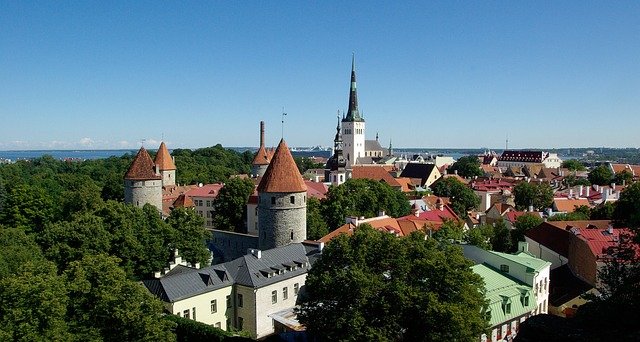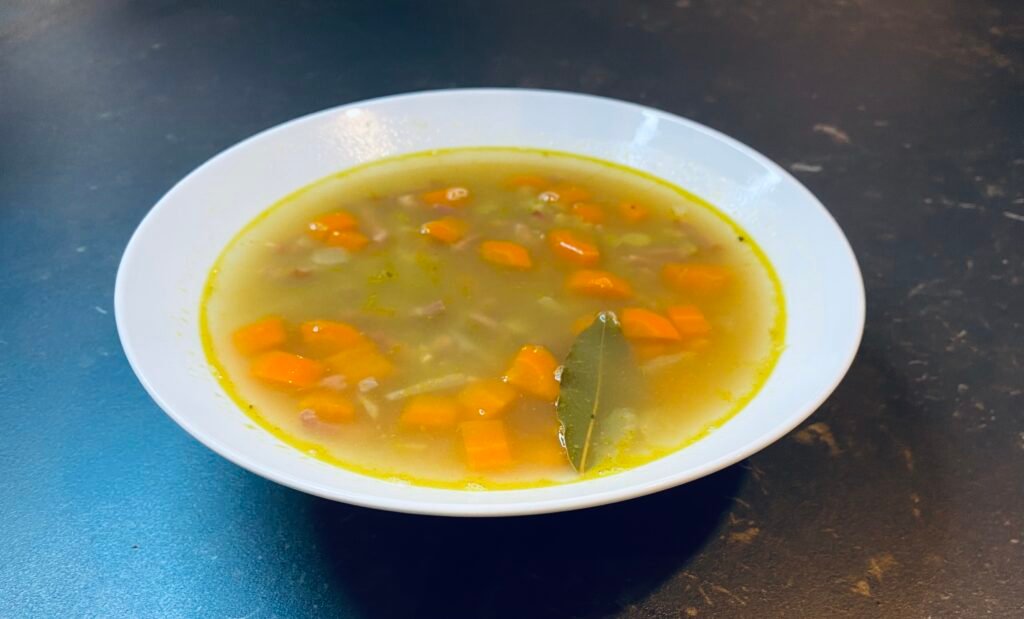Estonia, located in northern Europe, is a country with a complex and rich history, influenced by its Scandinavian, Russian and Baltic neighbors. From the first Finno-Ugric tribes to its modern independence in 1991, Estonia has been marked by periods of Danish, Swedish, German and Soviet rule. Today, it is an independent state, a member of the European Union and recognized for its advanced technology and commitment to ecology. Estonian culture is closely linked to nature, and traditional festivals, such as those linked to the summer solstice, are celebrated with enthusiasm.
Estonia is a destination where ancient traditions and modernity meet, offering visitors a fascinating blend of culture, nature and technological advancement.
Traditional Gastronomy and Gluten Free Options
Estonian cuisine reflects the influences of its northern climate and its historical relationships with its neighbors. The basis of traditional meals is local meat, fish, potatoes and vegetables. Many Estonian dishes are naturally gluten-free or can be easily adapted to suit a gluten-free diet.
Here are some naturally gluten-free Estonian dishes:
- Mulgipuder : A mashed potato and buckwheat groat, often served with pieces of smoked meat.
- Hapukapsasupp : A traditional soup made from fermented cabbage, potatoes and pork.
- Sült : A jellied meat dish, often prepared with pork or beef, served cold.
- Kohupiim : An Estonian white cheese used in many desserts, often served with wild berries and honey.
These dishes show the simplicity and richness of Estonian cuisine, while providing options suitable for gluten-free diets.
The Must-See Things to Visit in Estonia
Estonia is full of fascinating natural landscapes and historical sites to explore. Here are some must-sees to discover:
- Tallinn : The Estonian capital, with its perfectly preserved medieval old town, listed as a UNESCO World Heritage Site, and its unique atmosphere.
- Lahemaa National Park : A natural park located on the north coast, with its forests, swamps, and historic mansions.
- Saaremaa Island : Known for its windmills, medieval castles and peaceful forests, Saaremaa offers an ideal setting for nature lovers.
- Tartu : Estonia's second largest city, Tartu is a university center with a vibrant cultural life and numerous museums.
These destinations showcase the cultural and natural diversity of Estonia, a land of stunning landscapes and rich history.





